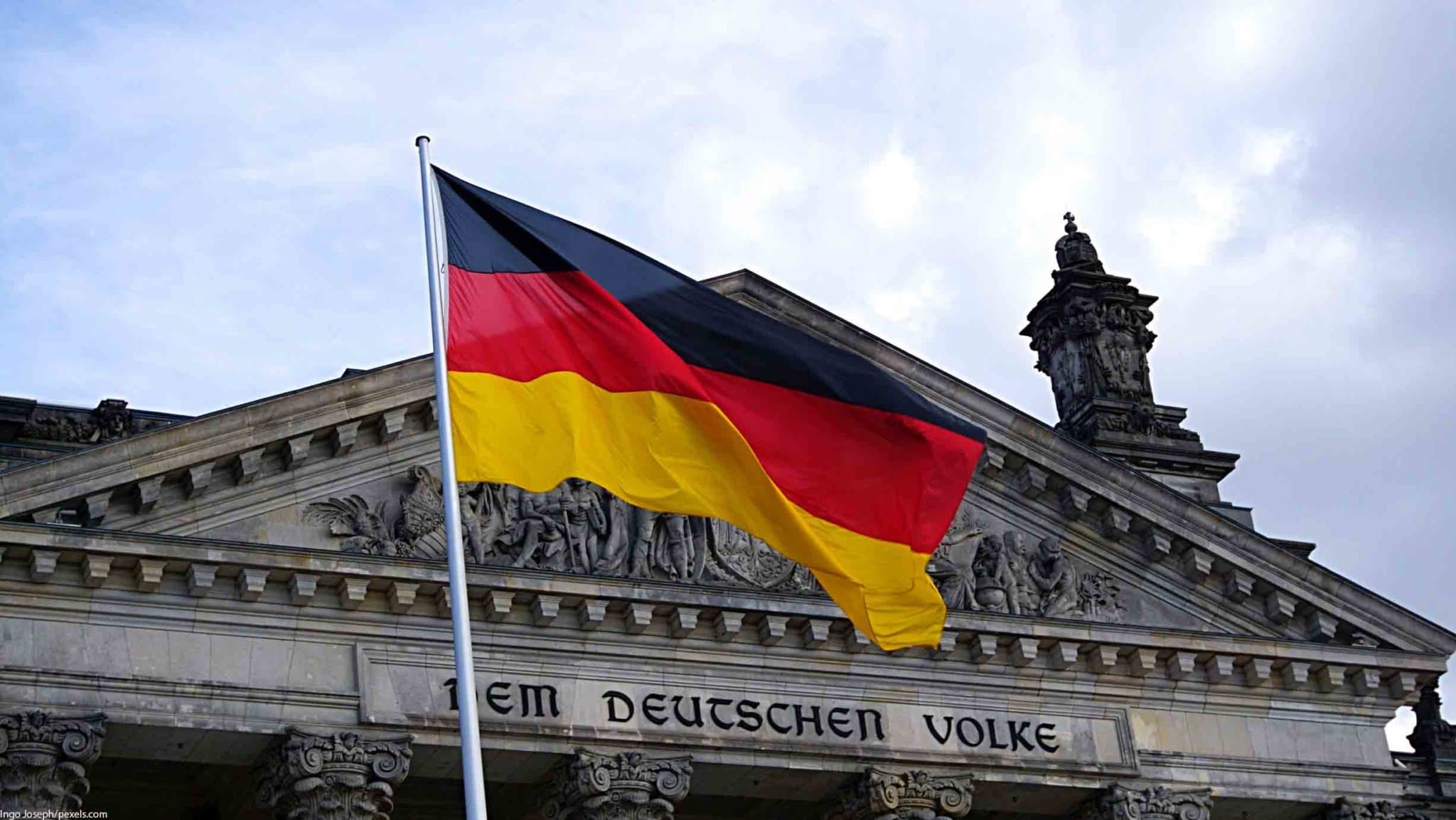The question of whether or not the reunification of Germany was a mistake seems an absurd one at first glance. If we accept that nations have a right to self-determination and independence, and when we consider that the fall of the Berlin Wall was one of the brightest moments in the modern history of Europe, most would argue that without the reunification of Germany, it would not have been possible to reunify Europe and make Central and Eastern Europe independent of Russia.
Poland’s anti-communist opposition accepted reunification of Germany as something natural and positive that would lead to geopolitical change. There was trust in Germany as a democratic country that had dealt with its past.
It was former U.K. Prime Minister Margaret Thatcher and former French President Francois Mitterrand who were the doubters, while George Bush and the United States were all for it. Even today, the U.S. backs German dominance in Europe, but Thatcher warned back in 1989 that “we beat the Germans twice and now they have risen again.”
In March 1990, she invited historians and politicians to a discussion at Chequers to answer the question, “How dangerous are the Germans?” However, they did not share her assessment of the situation and convinced her that the unification of Germany should be approached with empathy. Meanwhile, Mitterand, sharing her concerns, believed that closer integration of Germany into European structures and a common European currency would avert any danger.
Poland’s only concern in those days was to ensure that Germany would accept the permanence of the border on the Oder River. Once that was dealt with, Polish foreign policy became one of seeing Germany and Poland having common interests and of their reconciliation being fundamental for European unity. This meant that Poland did not push the case for war reparations and, more importantly, allowed Germany to penetrate it economically and politically.
Moreover, many Germans, in both the East and West, had been skeptical about reunification, thinking it a dangerous Bismarckian concept that had caused the nation misery before. Maybe they were right and despite its great music, literature, and philosophy, it would have been better for Germany to have remained divided.
Poland’s mistake was that it forgot that its history of national uprisings was very different from the German tradition of forcing the unification of small duchies into one fatherland. Prussia and Austria struggled over who would unify the German-speaking lands.
This is why Germans are not advocates of a nation-state and would rather see a state that has a universal mission to dominate Europe. Their mentality is essentially imperial and its militarization led to two world wars.
Today, Germany is not militaristic, but it remains convinced about its mission to lead Europe. They do not feel other European nations are their equal and they are only reluctantly willing to make France a partner in the whole venture. German neo-imperialism is today draped in the EU flag. They are convinced that they know what is right for Europe, even when they find it hard to define what is good for Germany itself.
The catastrophe of German Ostpolitik and Energiewende has not changed that. There has been no reflection or atonement for these errors. Instead, German elites are pressing for a centralized European state in which they would hold all the trump cards.
This is why it is germane to ask whether it wouldn’t be better to have, besides Austria and the German-speaking cantons of Switzerland, a few additional German states (on their own) such as Bavaria and Saxony. This could mean there would be a better balance in Europe. It could help end the German ambition to rule Europe, especially as the German political class has such unrealistically grand leadership ambitions while they are seemingly overwhelmed by this task set for themselves, pushing Europe in the wrong or even disastrous direction.






